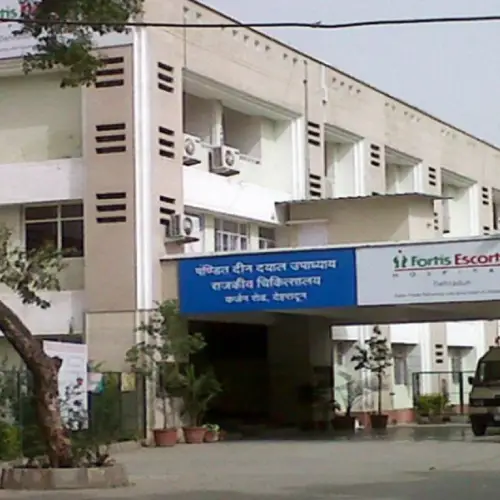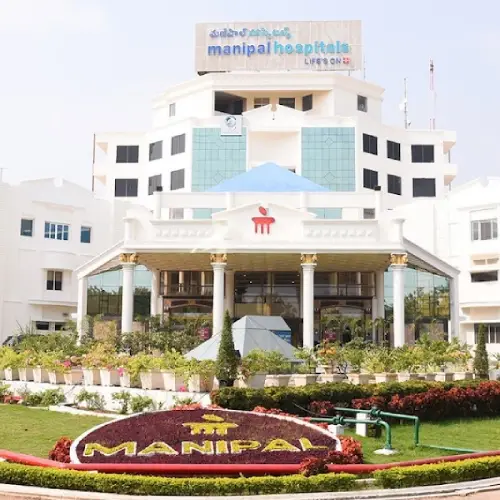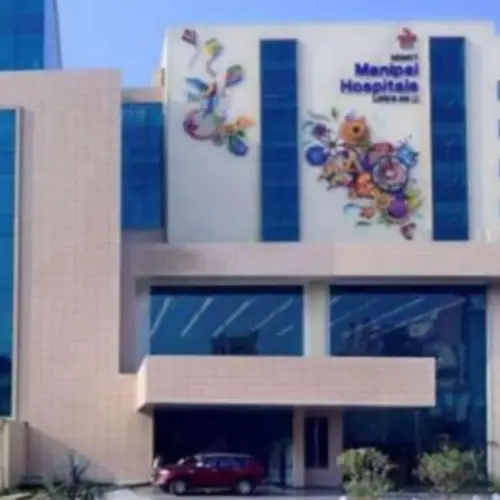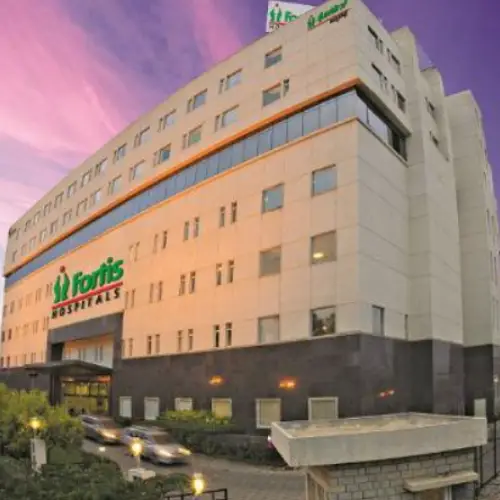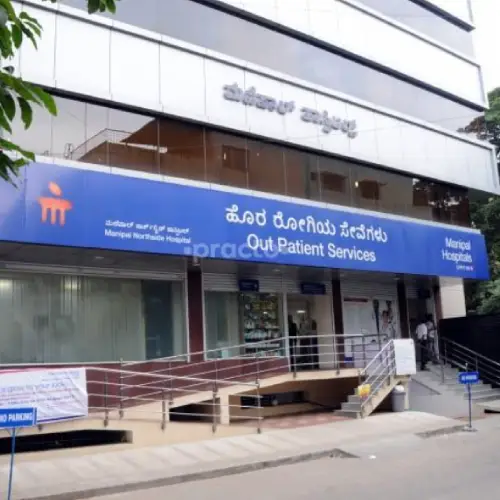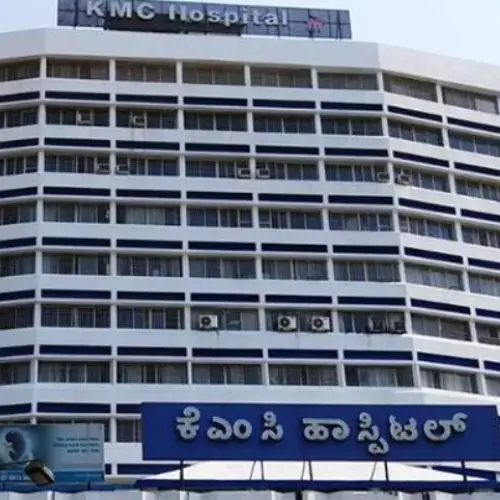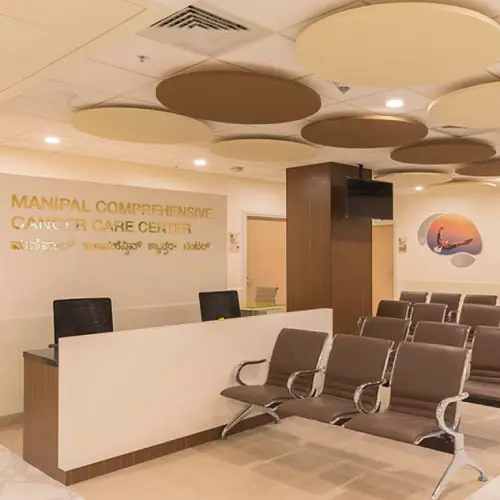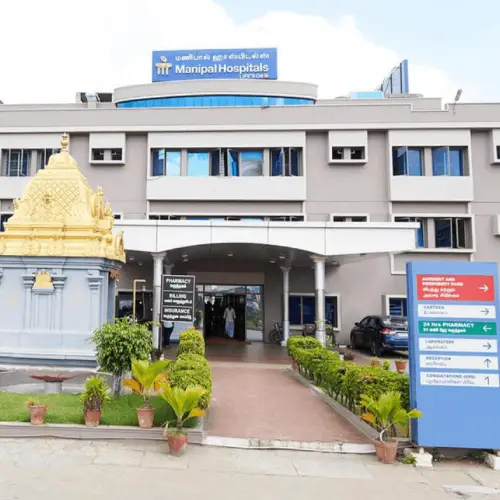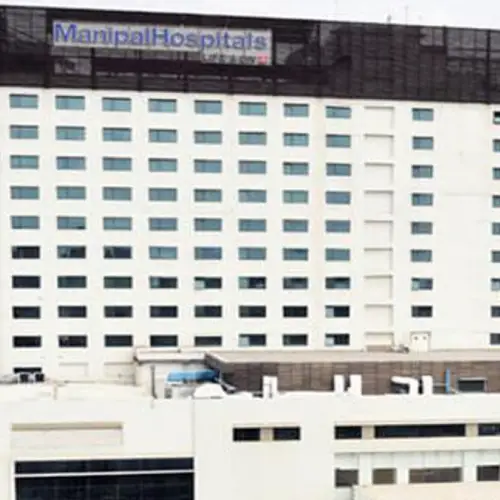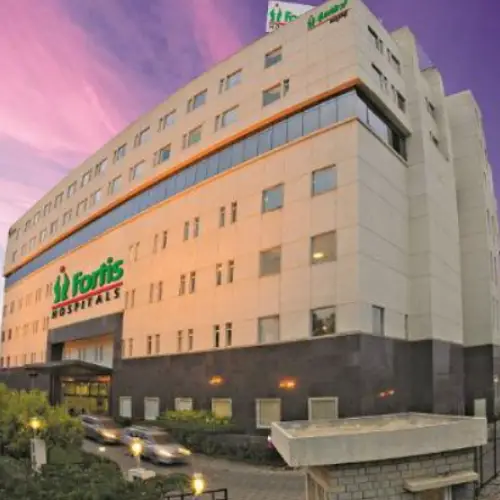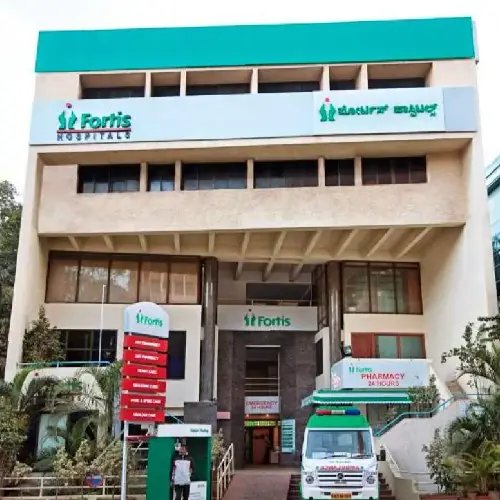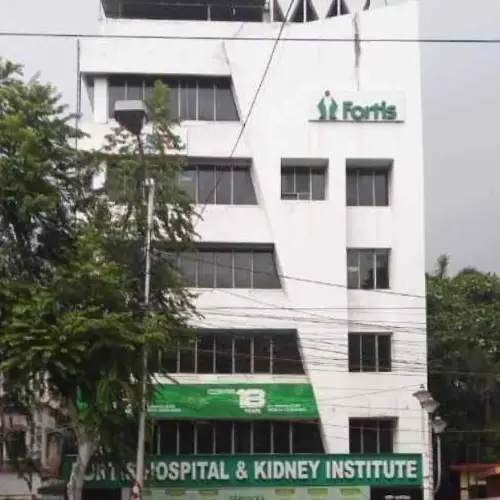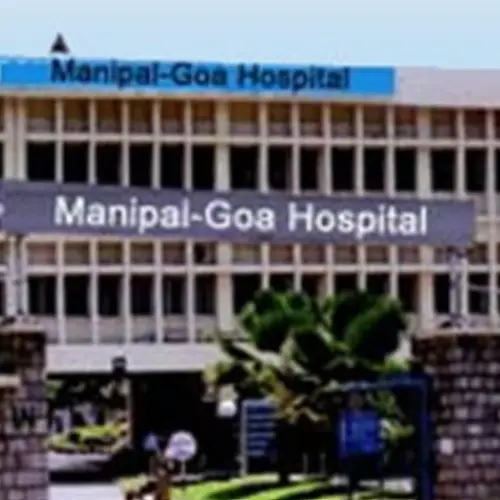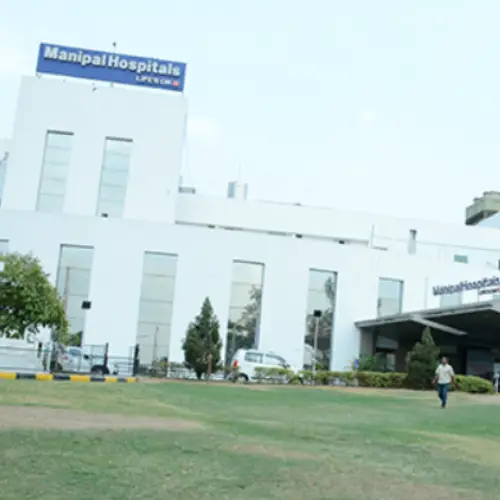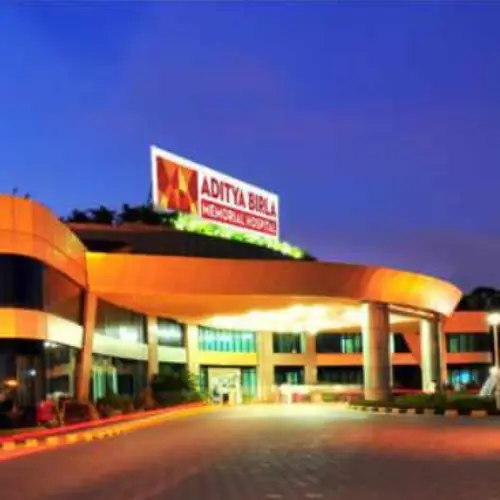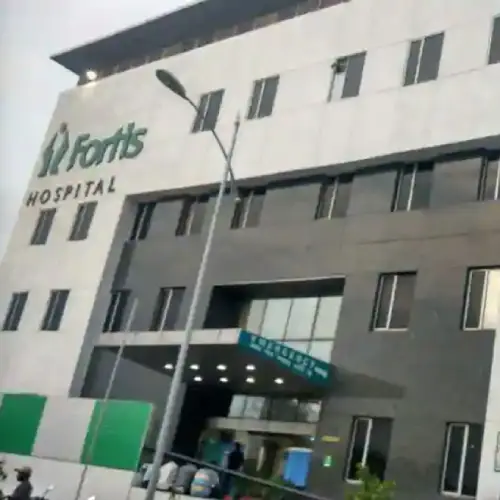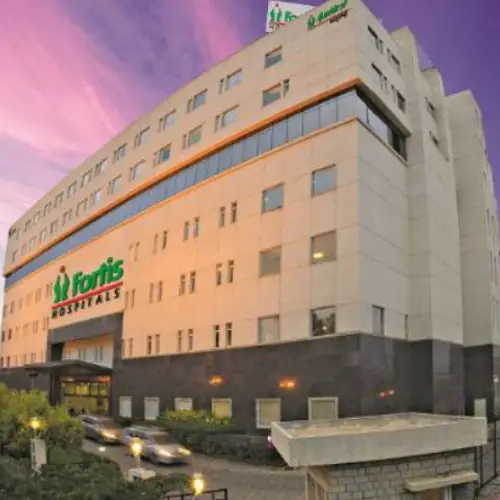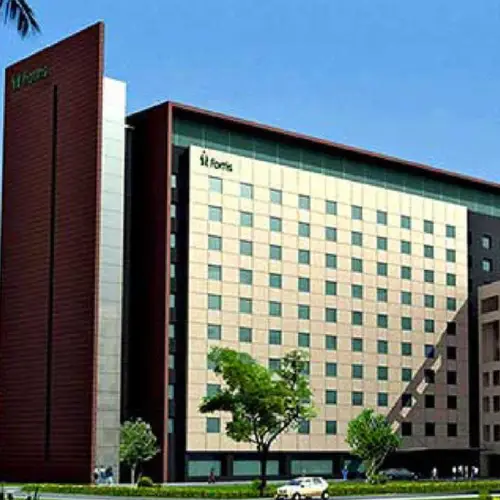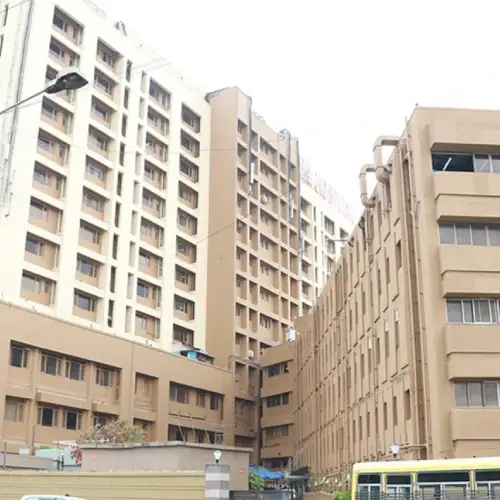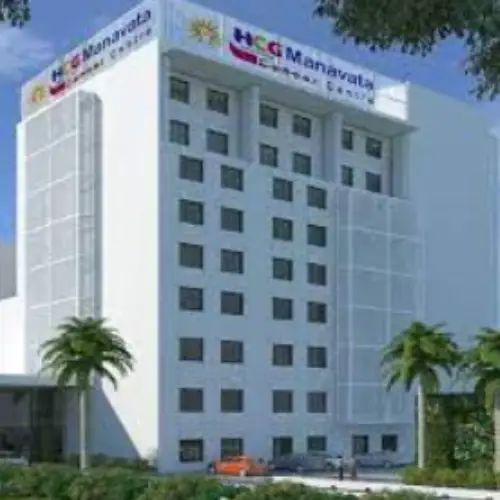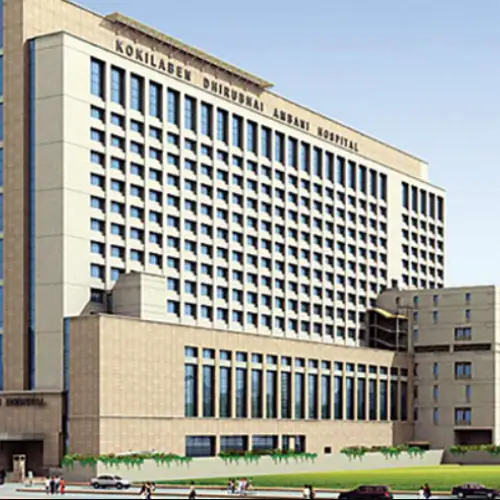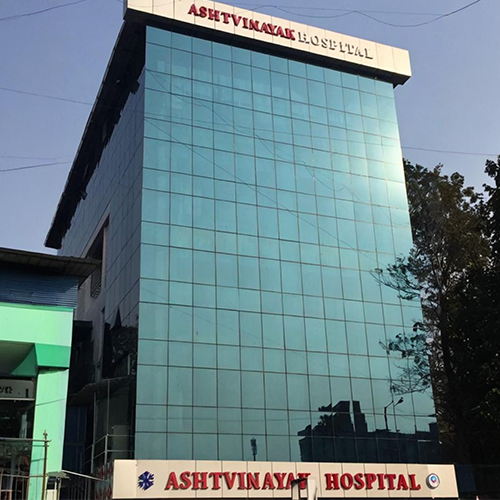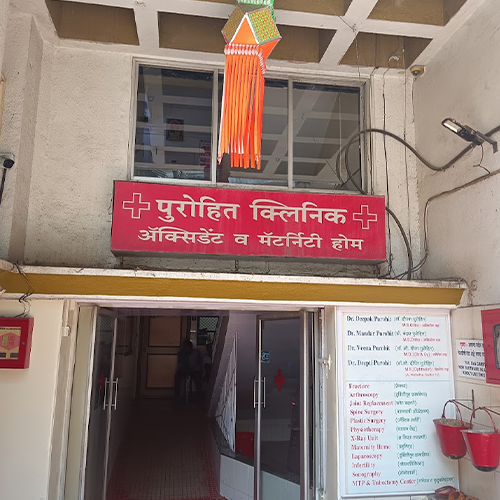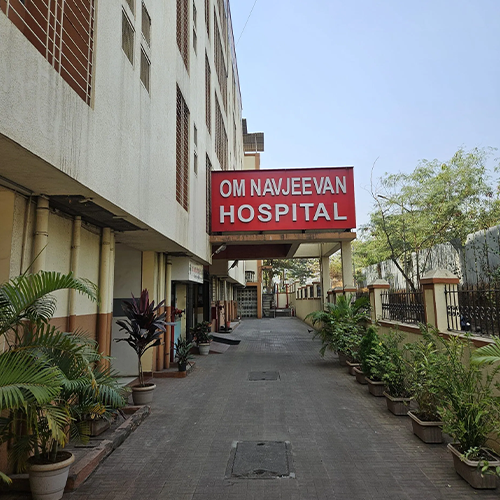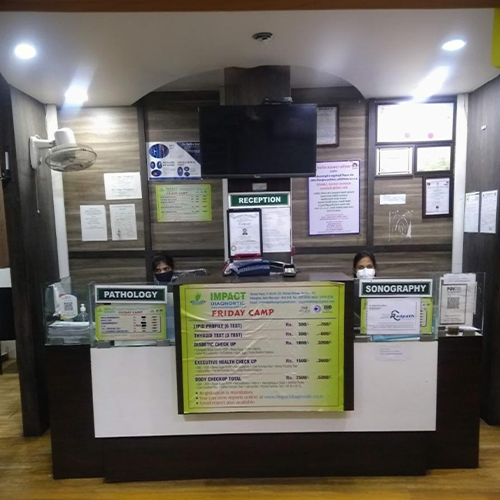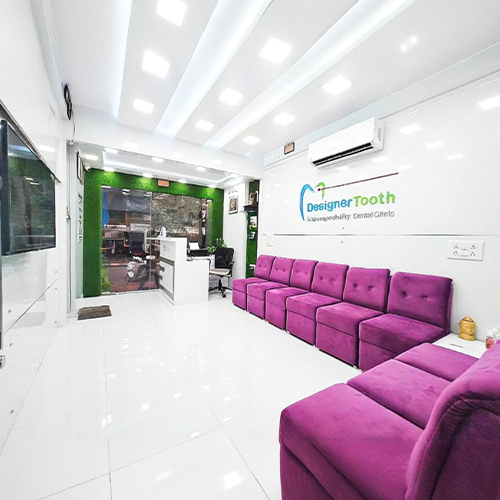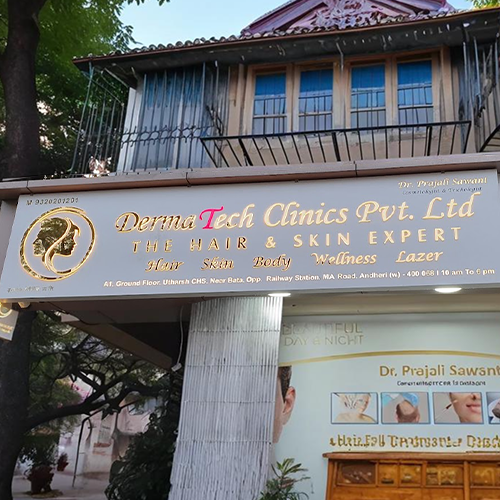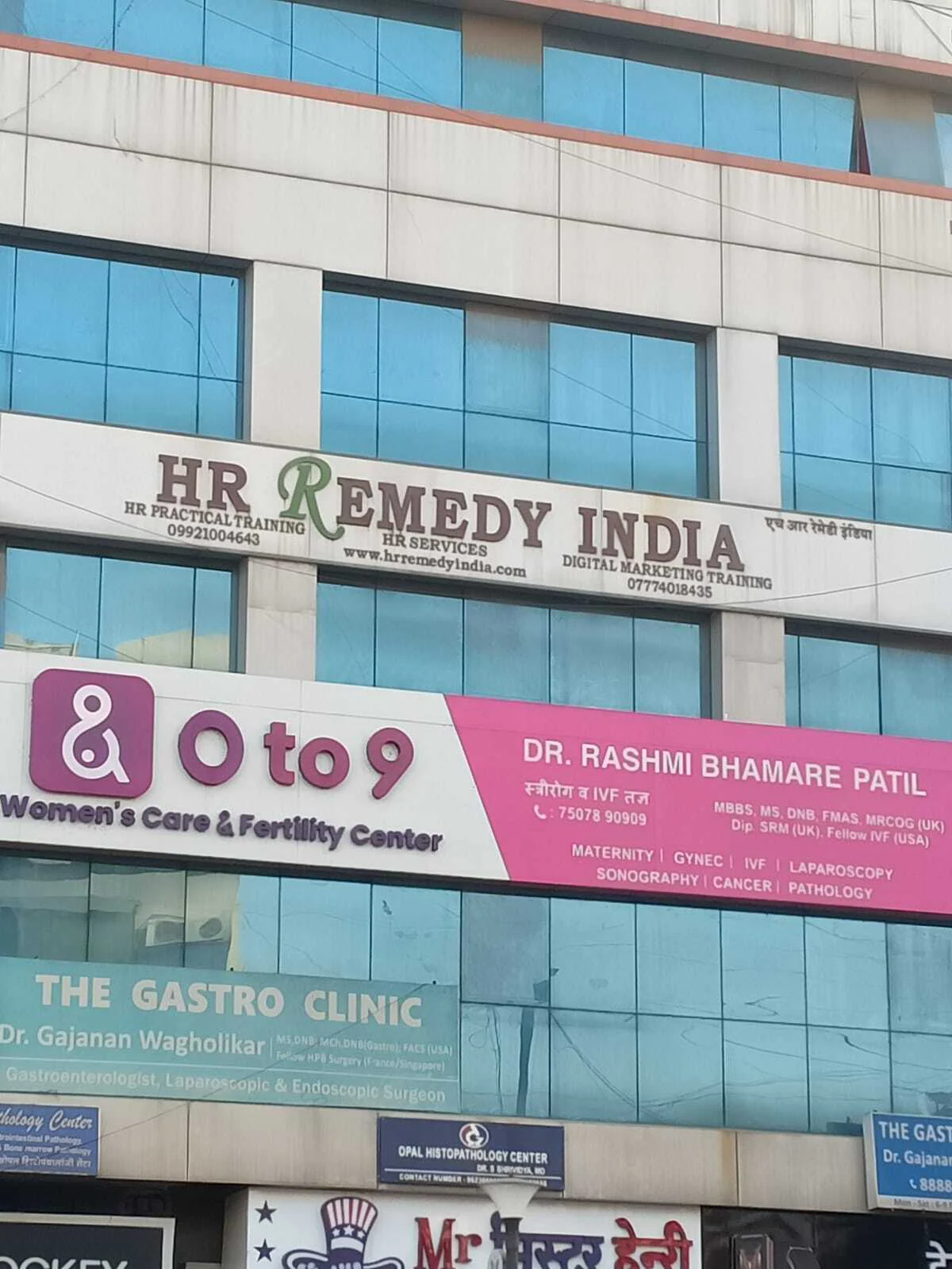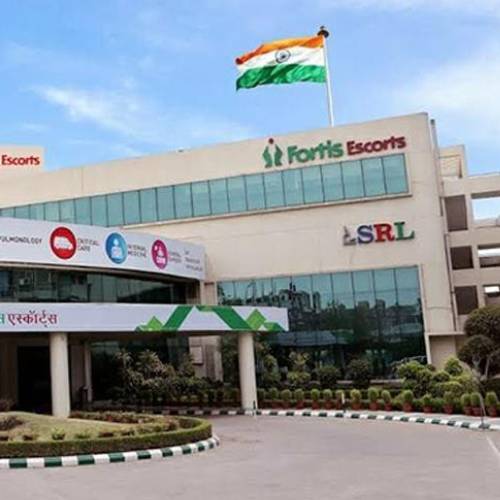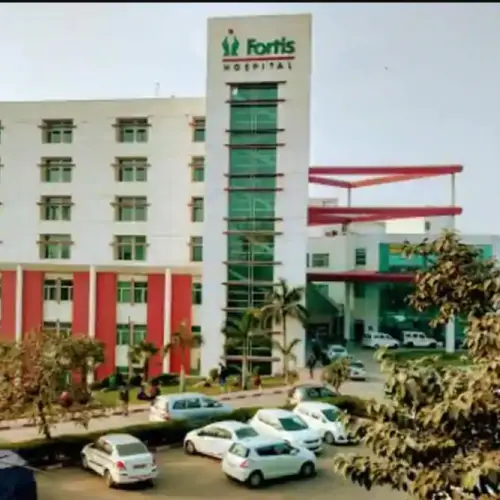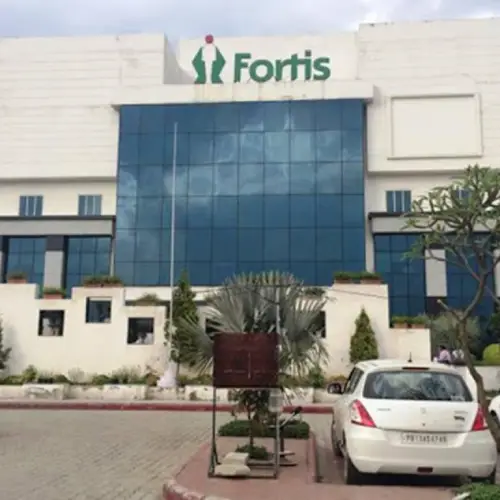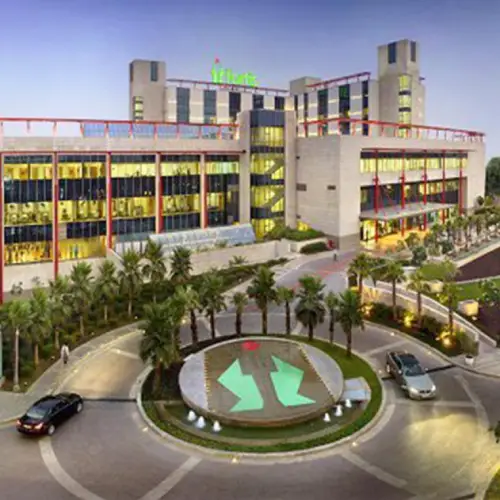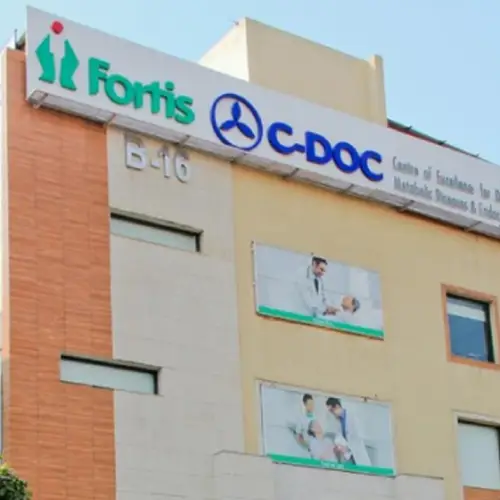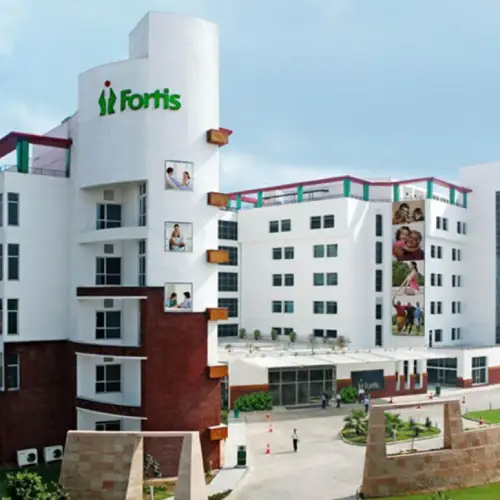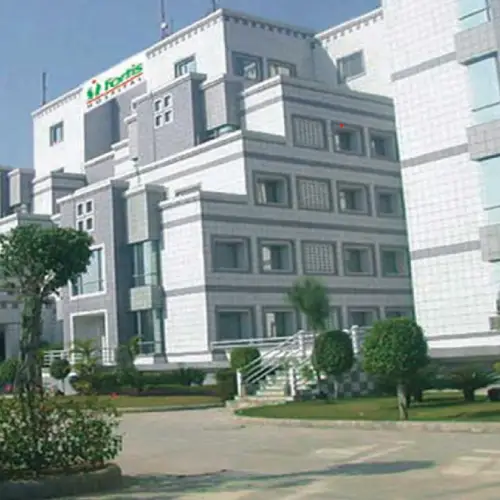Kidney Transplant
Kidney Transplant
What Is Kidney transplant Surgery
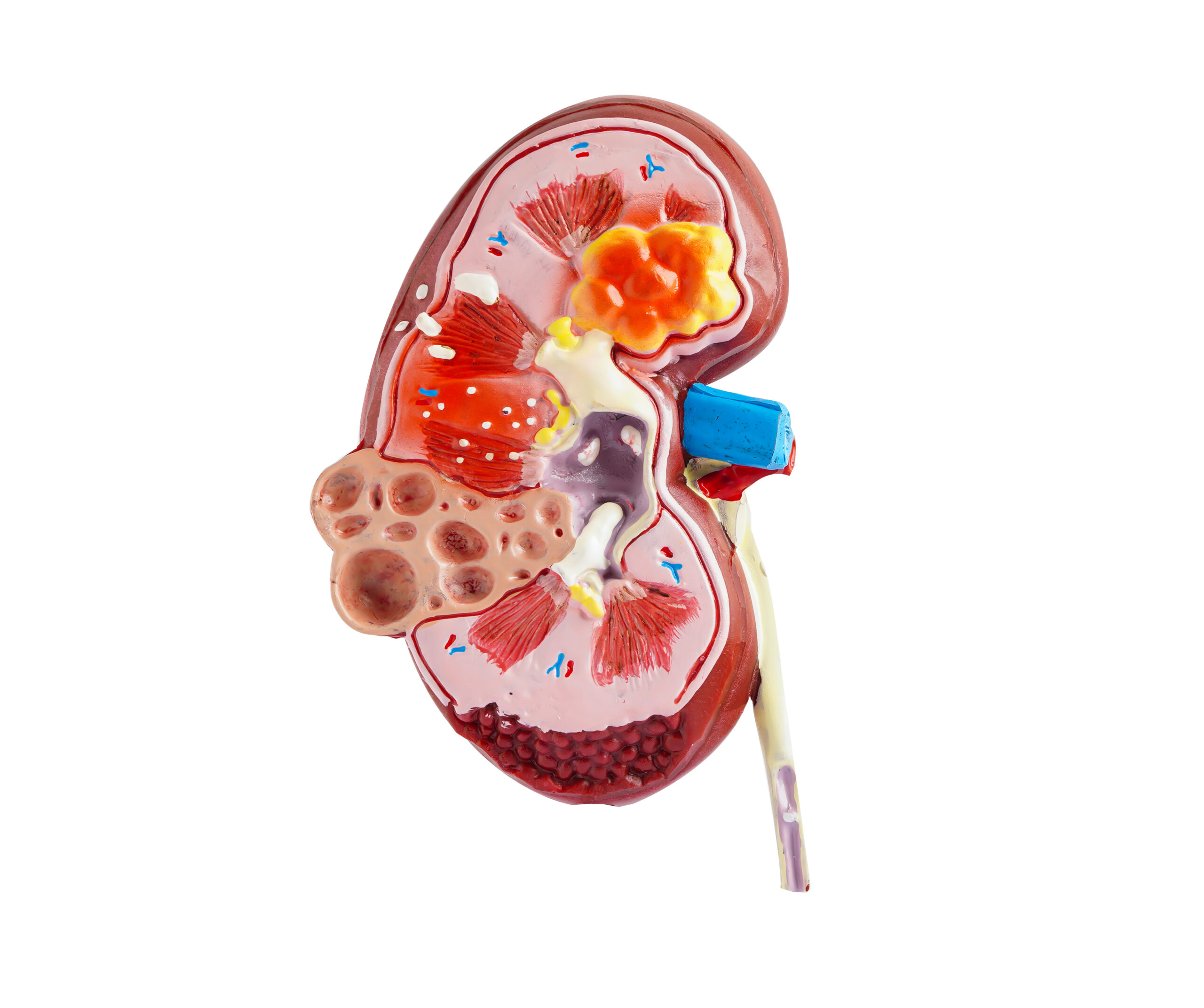
The kidney is a bean-shaped organ in the body that filters waste products and extra fluids from the blood to form urine. It helps regulate fluid balance, electrolytes, and acid-base balance in the body. Additionally, it produces hormones like erythropoietin and renin to support red blood cell production and blood pressure control.
Cause of Kidney Disease
Kidney disease can result from various causes, and the factors vary depending on the type and progression of the condition. Here are some common causes:
High blood sugar levels can damage the small blood vessels in the kidneys, affecting their ability to filter waste products.
Long-term high blood pressure can harm the kidneys by causing changes in the blood vessels, leading to decreased filtration efficiency.
An inflammation of the glomeruli (the filtering units in the kidneys) can be caused by immune system issues, infections, or certain medications.
A genetic disorder where cysts form in the kidneys, causing damage and impairing function.
Blockages in the urinary system, such as kidney stones, tumors, or an enlarged prostate, can prevent urine from flowing properly, leading to kidney damage.
Chronic or severe kidney infections can harm the kidneys and impair their function.
How Your Kidneys Are Checked ?

Your kidneys can be checked using two tests:
- A blood test to measure your Glomerular Filtration Rate (GFR), indicating how well the kidneys filter.
- A urine test to detect albumin, which can be a sign of kidney damage.
What is the normal eGFR number?
Kidney Transplant
The normal estimated Glomerular Filtration Rate (eGFR) in adults is typically above 90 mL/min/1.73m². The eGFR tends to decline with age. Here’s a general guideline based on age:
20-29 years: Average eGFR is 116 mL/min/1.73m²
40-49 years: Average eGFR is 99 mL/min/1.73m²
50-59 years: Average eGFR is 93 mL/min/1.73m²
60-69 years: Average eGFR is 85 mL/min/1.73m²
70+ years: Average eGFR is 75 mL/min/1.73m²
FAQs
A surgical procedure to replace a diseased kidney with a healthy one from a donor.
Ranges from INR 5,00,000 to INR 10,00,000 or more.
Generally around 85% to 90%, varying with several factors.
Living relatives, non-relatives, or deceased donors can be kidney donors.
Typically 3 to 4 hours.
Risks include infection, rejection of the donor kidney, and complications from surgery.
Undergo medical evaluations, follow the transplant team’s instructions, and arrange for post-surgery care.
Regular follow-up visits, immunosuppressive medication, and monitoring for any signs of rejection or infection.
Yes, many people lead normal, active lives after a successful transplant.
Advancements include improved immunosuppressive drugs, minimally invasive surgical techniques, and better post-operative care.
Best Hospitals for Orthopaedic Surgical Oncology in India
Fill this form to get a free quote from best hospitals in India


At MediTours India, we stand as a distinguished leader in the realm of medical tourism, dedicated to transforming your healthcare journey into a seamless and transformative experience. With a commitment to excellence and a focus on your well-being, we pave the way for a new era of medical travel.
Contact Us
Address : C603 Jalaram Park LBS Road. Bhandup West Mumbai -400078 Phone : +91 9820344697 Email : ajit@meditoursindia.in
Copyright by indiameditours 2023. All rights reserved.
